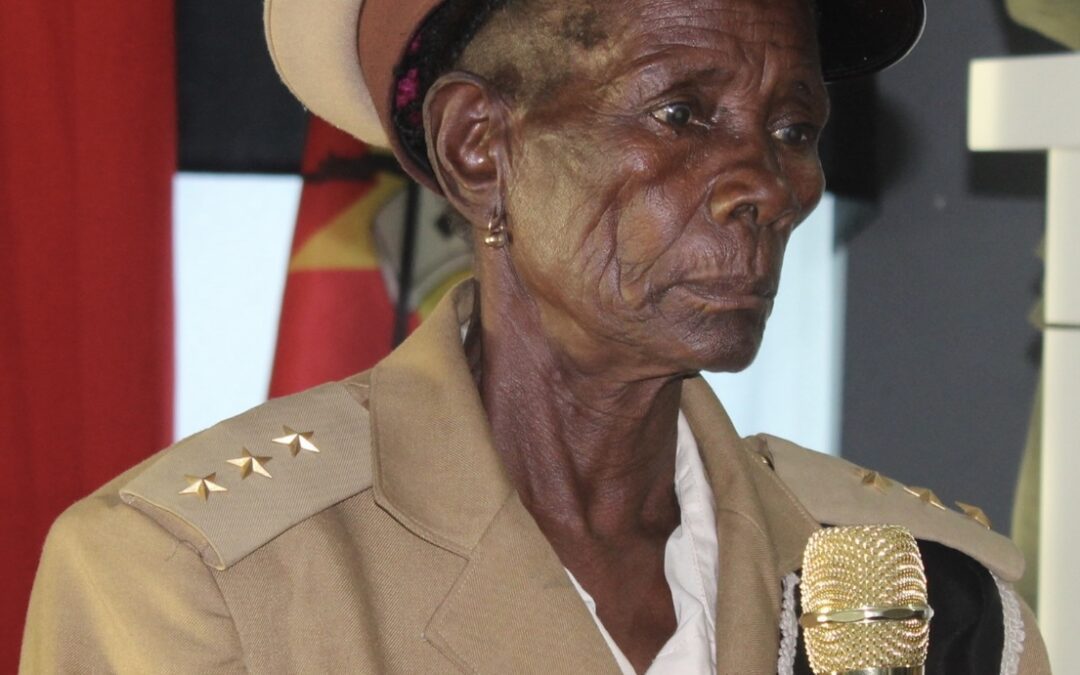by Larissa Sousa
The Gorongosa Project in partnership with UNDP organized a reflection meeting for two days in Beira, to discuss and reflect on how to operationalize the Community Conservation Areas (ACC) of the Park’s Buffer Zone.
This meeting was attended by community leaders from the created ACC’s, representatives of community members, civil society partners, academia, ANAC, the Provincial Government and members of other conservation areas in the country. The main objective was to reflect on the legal framework and institutional, its operationalization and exchange of experiences of the different existing initiatives at the level of Community Conservation Programs, namely, Tchuma Tchato (Tete), ChipanjeChetu (Niassa) and Maputo National Park, within the scope of implementing these programs in Mozambique.
During the meeting, the Director of the Provincial Environmental Service of Sofala, Ermelinda Xavier, in representation of the Secretary of State in the Province, recognized the efforts that PNG has made in the process of restoring the park as well as the development of communities in the Buffer Zone, supporting socio-economic activities and improving the capabilities of communities, providing them with well-being.
“This reflection meeting came to provide an alignment and appropriate tools for the implementation of these areas for better management of natural resources and implementation of income generation activities in areas already created in the communities of: Nhamacuenguere (Dondo), Bêbedo and Nhampoca(Nhamatanda), Cheringoma and Djuchenge(Gorongosa) to contribute to improving the living conditions of their families and conserving biodiversity”.
It was concluded that the process of creating Community Conservation Areas must take into account several other aspects, including coordination, involvement of all stakeholders, greater implementation of the initiative at community level, availability of financial resources to meet various needs linked to this process, as well as the technical availability to conduct the process. It is important that the community is always at the center of this process and its engagement is total commitment to its operationalization and they must take the lead where they show due interest and concerns so that they can be overcome. After several debates, it was concluded that a guide would be essential for aneffective operationalization of ACCs and that this must be formalized before the government.

